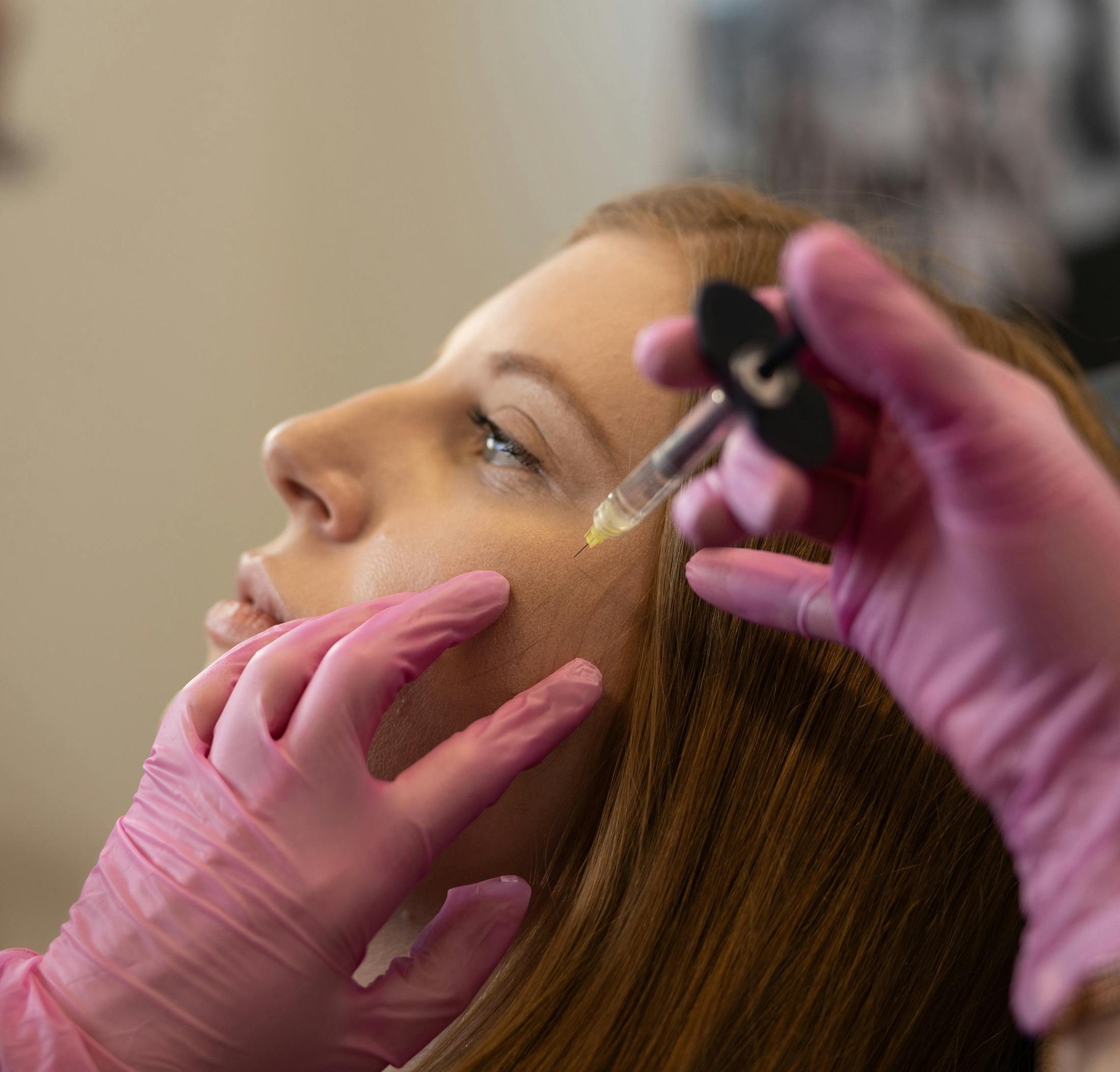Have you ever looked in the mirror, put your fingertips on your cheekbones, pulled your skin up and back, and thought, “Why can’t it just stay like that?” We all have! With our cheek fillers in Denver, you can finally address these issues and restore your youthful, sculpted contours.
What are dermal fillers, and what do they treat?
Dermal fillers are injectable substances often made from hyaluronic acid. They're designed to restore volume, smooth lines, and enhance facial contours. By replenishing lost volume and stimulating collagen production, fillers can reduce the appearance of wrinkles and rejuvenate aging skin. They work by filling in areas where volume has been lost due to aging, sun exposure, or other factors, resulting in a more youthful and refreshed appearance.















